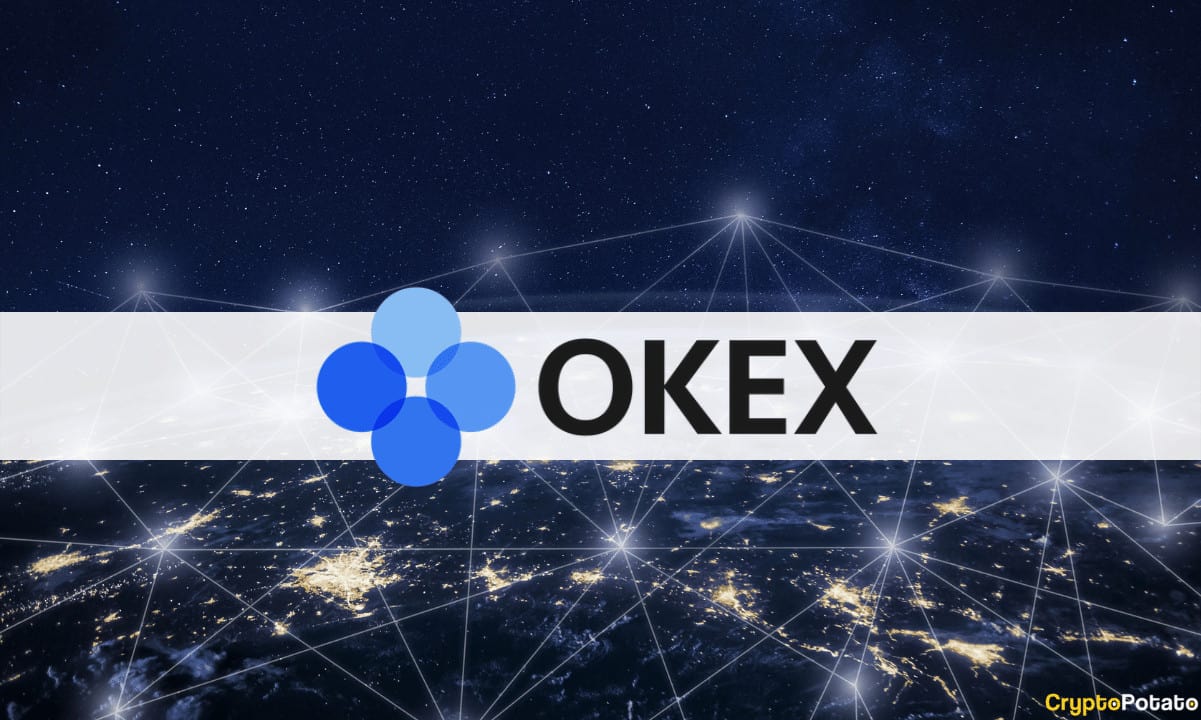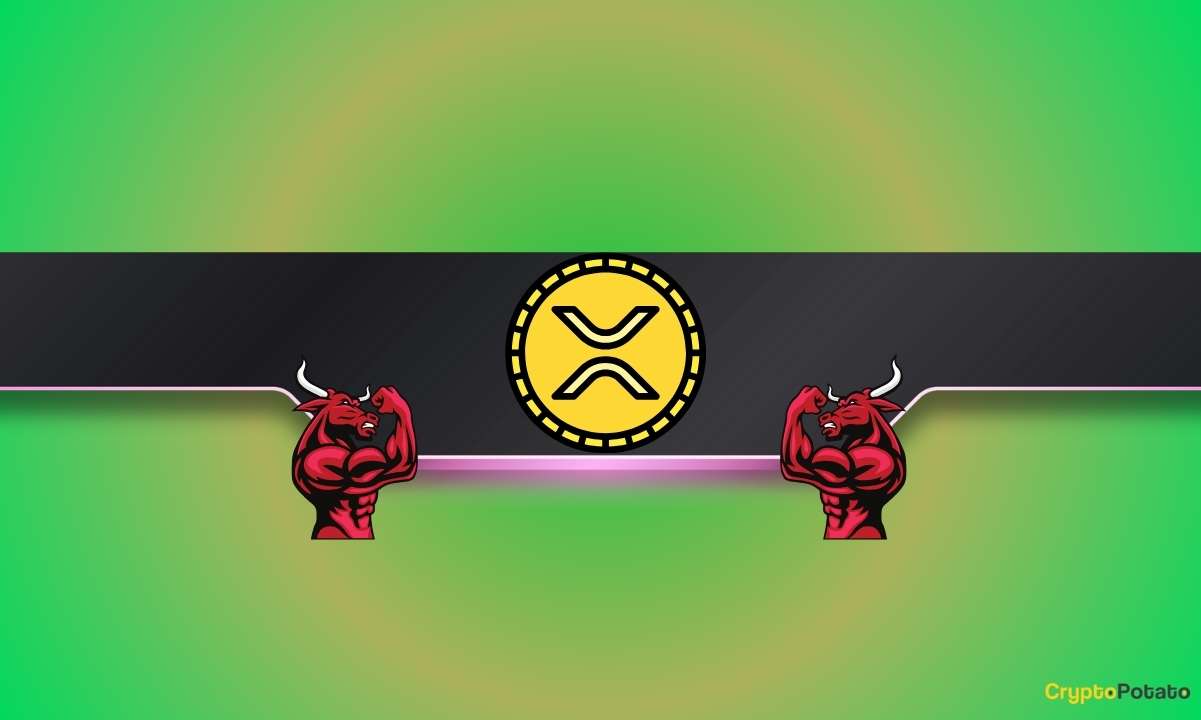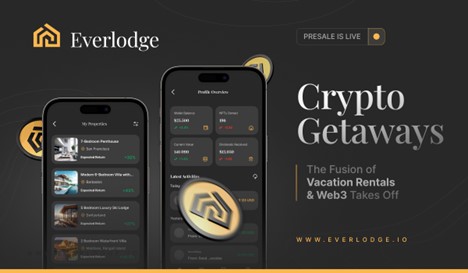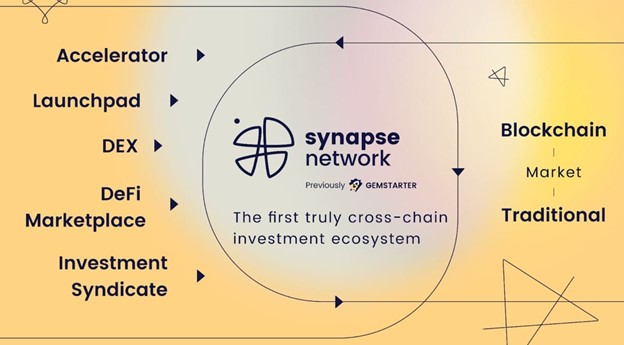FAQ for People Who Want to Invest in Tokens
Tokens are the latest technology taking the online world by storm. Bitcoin brought us the first cryptocurrency, an alternative form of money built on top of a decentralized ledger called the Blockchain. From there the crypto space has evolved to produce hundreds of tokens, each acting as currencies within their own unique Blockchain networks.
What exactly is a token? And how is it different to a coin?
A coin (or cryptocurrency) is digital money that is developed on the blockchain. Coins store value, function as a medium of exchange, are fungible, portable, and are in a limited supply. Examples of cryptocurrencies include Bitcoin, Litecoin, Ripple, and Monero.
Tokens are considered digital assets. They are issued by projects with the intention of using them as a form of payment within their blockchain networks. Tokens are also a tool for users to participate in the network and give them access to the various goods or services offered. For example, Filecoin uses its token to pay users who offer data storage space. Civic pays users to verify identities and create attestations on their blockchain. Tokens are also used to create unique incentive schemes that enable people to perform specific actions within an ecosystem because they know they will be compensated. For example, token incentive models now exist that encourage people to use renewable energy. They can track and report data on energy use using IOT devices, and receive tokens as compensation through the blockchain network.
The most common type of token is the ERC20 Ethereum standard. Companies are able to build their decentralized applications on top of the Ethereum blockchain, and launch their ICO’s (initial coin offerings) using ERC20 tokens.
Where are tokens bought and stored?
Tokens can be bought on exchanges like Binance, Kucoin or Bittrex. They are stored in your digital wallet and can be transferred to other addresses using a public key.
What are the Token classifications?
Tokens are usually categorized as either a ‘utility’ or a ‘security’. Tokens are utilities because they have a function within their Blockchains ecosystem (like Filecoin and Civic). A Security token is essentially an investment contract that represents legal ownership (as recognized by the SEC) of a physical or digital asset (like real estate, artwork or ETFs) that has been verified on the blockchain.
Investors can exchange fiat money or cryptocurrencies for security tokens via a smart contract. With this verifiable and legal ownership, security token holders can easily trade their tokens for other assets, use them as collateral for a loan or even fractionalize them to store in different digital wallets.
The true value of security tokens is their ability to completely change how we define asset ownership, making assets that have traditionally only been available to wealthy people in developed nations more accessible to regular people all over the world to own (even if only in portions) and collect dividends from.
When we think about all the physical and digital assets of the world that hold value (company equity, rewards, personal brands, etc.), we should recognize that these assets can be tokenized and sold as securities on the blockchain. The possibilities for security tokens are endless.
Security Token Benefits
Eliminates many scams
The first major benefit that security tokens bring to the crypto space is the elimination of scams. Security tokens are inherently a more trustworthy investment because companies that release them have to go through significantly more regulatory hurdles before their tokens can be accessible to the public. Based on the current ICO market, it’s obvious that the vast majority of blockchain projects would be rejected from ever releasing their tokens if they went through a similar process.
Dividend payouts
Like stocks, security token investors can receive quarterly dividends paid out of the profits made from the asset they own. This provides them with a steadier and more reliable income stream.
Access to multiple asset classes
While utility tokens only offer investors access to blockchain-based companies, security tokens offer access to any kind of company, product, fund, or structure that produces value. Security tokens significantly expand the number of options that anyone with any amount of money has to make investments.
Access to liquidity
Traditionally it would take months before you could sell a house and get access to the funds. By investing in a security token that represents an ownership stake in a house, you can sell the token much faster and receive the funds almost instantly.
Access to a global network of investors
By launching an STO (security token offering), startup founders or any type of creator will get access to a global pool of investors without having to launch a blockchain based business. Instead of going through traditional angel or VC funding sources, founders and creators could launch an STO potentially enabling millions of people to fund their projects.
How do regulators define tokens?
Regulators are still struggling to properly define what tokens are and how the SEC and other legal institutions should manage them.
Currently, most blockchain companies issue tokens that can be classified as both a security and a utility. Platforms like Civic and Filecoin issue utility tokens that function within their Blockchains ecosystems to pay for services. Yet those tokens could also be considered a security because they can be exchanged on the public market for people to acquire as a speculative investment. Tokens fall into a grey area of legality that is hard to define except when assessed on a case-by-case basis.
Unlike utility tokens, which are primarily used to pay for goods and services within a blockchain ecosystem, Security tokens more closely resemble traditional stocks that pay dividends and require companies to register with the SEC before issuing them. Securities are legally classified by the SEC under the ‘Howey Test’.
The Howey test evaluates whether an asset is a security based on the following criteria:
- It is an Investment of money
- There is an expectation of profits from the investment
- The money invested is in a common enterprise
- Any profit comes from the efforts of a promoter of a third party
To be classified as a security, the asset has to pass all 4 criteria.
Registering securities is no easy task, as companies must abide by a strict set of laws that require (among other things) frequent disclosure of detailed financial records to protect citizens from being defrauded from their investment. These requirements can be incredibly costly and time consuming for any business.
Conclusion
Tokens are a revolutionary new technology that is reshaping how we view money and how we develop incentive models to alter human behavior towards performing tasks that benefit society. They also provide an alternative to traditional equity investment contracts, which have long been restricted to accredited investors.
Once tokens overcome regulatory hurdles and achieve scalability on their blockchain networks, we should expect to see this technology become highly accepted by mainstream consumers and institutions.
The post FAQ for People Who Want to Invest in Tokens appeared first on CryptoPotato.









